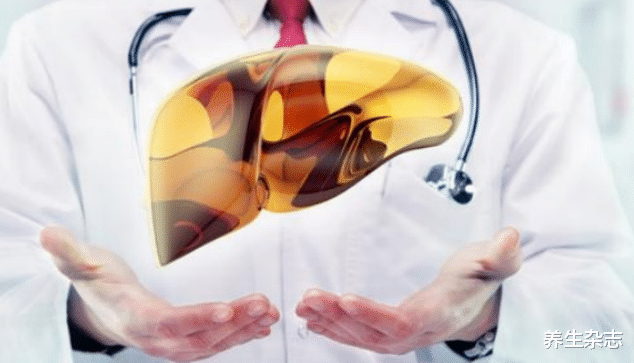The liver, as an important organ for human health, is responsible for functions such as detoxification, metabolism, blood storage, and aiding digestion. If the liver’s health is threatened, diseases like hepatitis, cirrhosis, ascites, and even liver cancer can pose a threat to life.
Research has found that many dietary and lifestyle habits that people often overlook can cause liver injury to some extent. Behaviors such as heavy drinking, overeating, and chronic staying up late are all considered harmful.
Therefore, in order to maintain normal liver function, it is important to actively improve lifestyle habits and dietary structure. This will help keep the liver healthy and prevent liver diseases from affecting it.
Can people with poor liver health not eat beef? Liver specialist: To avoid liver “malfunction,” stay away from 3 types of meat
Doctors explain: Beef is indeed a highly nutritious food, rich in protein and low in fat, benefiting people of all ages and genders.
However, for people with poor liver function, it is indeed necessary to consume beef in moderation.
Beef is a warming food and consuming it over the long term can increase the burden on the liver, affecting its optimal function.
For individuals with poor liver function, frequent beef consumption can accelerate the progression of liver disease, hinder liver disease treatment. Therefore, it is advisable to consume beef in moderation.
The liver is the largest digestive organ in the body, to maintain a healthy liver, stay away from 3 types of meat:
1. Fried chicken
After being deep-fried, chicken absorbs a large amount of oil, increasing calories and fat content. Overconsumption can put a greater metabolic strain on the liver.
In individuals with weak fat metabolism, excessive fat accumulation can lead to fatty liver, causing liver inflammation, swelling, and cell necrosis.
2. Salted fish
Salted fish is a cured meat product with high salt content. Regular consumption can greatly damage liver tissue.
During the preparation of salted fish and similar cured foods, a significant amount of salt is added, forming nitrites, which when ingested, convert to nitrosamines, harming liver tissue.
Long-term consumption can disrupt liver cell DNA structure, leading to cell necrosis, carcinogenesis, and increasing the risk of liver cancer.
3. Barbecue
Barbecue is a popular food choice, but little is known about its significant harm to the liver.
When meat is grilled at high temperatures, the combination of meat fat and charcoal generates a large amount of carcinogen – benzopyrene.
This substance can severely damage liver tissue, increase the liver’s workload, disrupt normal liver function. Over time, this can lead to hepatitis, cirrhosis, and even liver cancer.
After liver damage, the body may show “3” warning signs, which should not be ignored:
1. Jaundice
When the liver is compromised, bilirubin metabolism becomes abnormal, resulting in jaundice due to accumulated excess bilirubin in the bloodstream.
As liver metabolism declines, the imbalance in bilirubin metabolism within liver cells leads to its accumulation, causing jaundice as excess bilirubin circulates throughout the body.
2. Body weakness
If without engaging in strenuous exercise or heavy physical labor, a sudden feeling of body weakness should be investigated early on as it might indicate a liver disorder.
The liver plays a role in producing and storing glycogen, so if a liver disease impairs digestion, stored glycogen and energy will be lost, causing fatigue and rapid weight loss.
3. Right upper abdominal pain
The liver is located in the upper right abdomen, and liver disorders typically result in sporadic pain rather than frequent pain in the abdominal area.
If there is constant discomfort or pain in the liver area, it is likely due to bacterial invasion, swelling, or liver capsule compression. As the condition worsens, the pain will intensify.
“Prevention is better than cure,” to protect the liver, persistently practice these 2 things:
1. Supplement liver-nourishing substances
2. Engage in daily exercise
Consistent physical activity not only helps in burning body fat but also boosts liver metabolism efficiency, reducing the detoxification and metabolic strain on the liver. However, excessive exercise should be avoided to prevent liver injury.
It is recommended to engage in activities like jogging, walking, practicing Tai Chi, and other aerobic exercises for about half an hour daily. This aids in liver blood circulation, gradually restoring liver function and promoting rejuvenation of liver tissue.
References:
2015 – Chinese Practical Internal Medicine Journal “Expert Recommendations for the Diagnosis and Treatment Standardization of Fatty Liver Disease”
2016 – Contemporary Medicine “Review and Reflection on Jaundice and Drug-induced Liver Disease”


